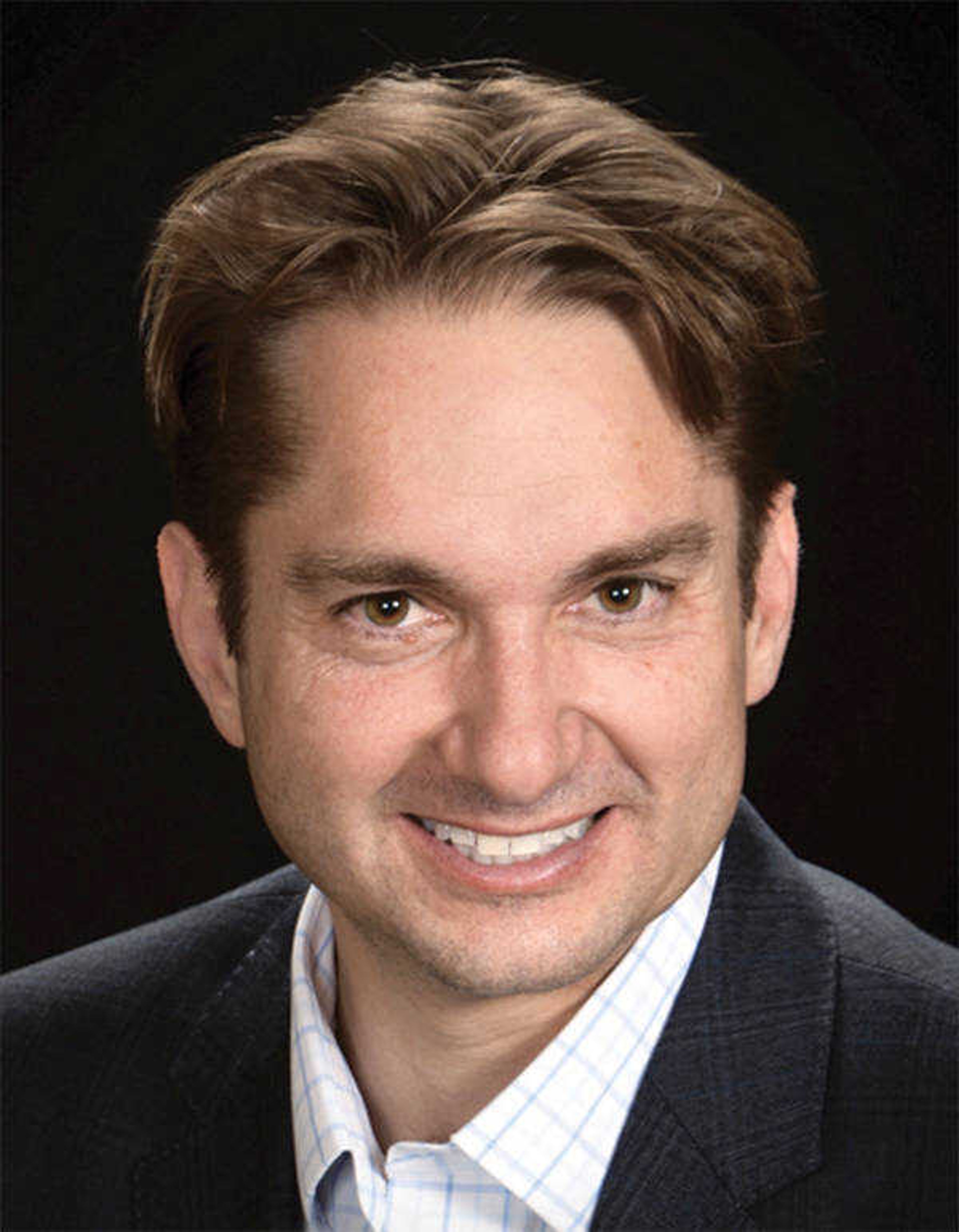How reading a newspaper can be good for your life
If you're reading this column in a printed newspaper, then you may already be aware of this phenomenon. But a New York Times technology writer recently went two months getting his news only from newspapers, and what he discovered was a calmer, more informed, and more fulfilling life. The experience transformed his outlook on news, especially via social media...
If you're reading this column in a printed newspaper, then you may already be aware of this phenomenon. But a New York Times technology writer recently went two months getting his news only from newspapers, and what he discovered was a calmer, more informed, and more fulfilling life. The experience transformed his outlook on news, especially via social media.
In the March 7 New York Times, Farhad Manjoo writes:
"In January, after the breaking-newsiest year in recent memory, I decided to travel back in time. I turned off my digital news notifications, unplugged from Twitter and other social networks, and subscribed to home delivery of three print newspapers -- The Times, The Wall Street Journal and my local paper, The San Francisco Chronicle -- plus a weekly newsmagazine, The Economist.
"I have spent most days since then getting the news mainly from print... Basically, I was trying to slow-jam the news -- I still wanted to be informed, but was looking to formats that prized depth and accuracy over speed.
"It has been life changing. Turning off the buzzing breaking-news machine I carry in my pocket was like unshackling myself from a monster who had me on speed dial, always ready to break into my day with half-baked bulletins.
"Now I am not just less anxious and less addicted to the news, I am more widely informed (though there are some blind spots). And I'm embarrassed about how much free time I have -- in two months, I managed to read half a dozen books, took up pottery and (I think) became a more attentive husband and father.
"Most of all, I realized my personal role as a consumer of news in our broken digital news environment.
In his column, Manjoo relates how he experienced a specific news event -- the Parkland High School shooting -- via his experiment, and how it helped him avoid false reporting and rumors -- some maliciously spread. He also gained time in his schedule, because he wasn't being interrupted by the latest, oftentimes erroneous, breathless update.
"Not only had I spent less time with the story than if I had followed along as it unfolded online, I was better informed, too," Manjoo writes. "Because I had avoided the innocent mistakes -- and the more malicious misdirection -- that had pervaded the first hours after the shooting, my first experience of the news was an accurate account of the actual events of the day."
Manjoo distilled the lessons from his experience into three instructions: "Get news. Not too quickly. Avoid social." For more about these points -- which are nicely self-explanatory -- I encourage you to read his original column. But what animated Manjoo to wage his experiment in the first place was a sense that the "digitization of news is ruining how we collectively process information."
"Technology allows us to burrow into echo chambers, exacerbating misinformation and polarization and softening up society for propaganda. With artificial intelligence making audio and video as easy to fake as text, we're entering a hall-of-mirrors dystopia, what some are calling an 'information apocalypse.' And we're all looking to the government and to Facebook for a fix."
For Manjoo, reading only print newspapers helped break the control of modern info technology, leading to a better life. Of course, some of you already know this. And you've probably been called "outdated," "out-of-touch" even "old" by some of the younger generation, more and more who are questioning the hollowness of their lives and seeking something more meaningful. Or, they've given up, looking for escape in ways illicit (drugs) or frivolous (video games, porn, video binges).
I think we should suggest to them, reading a print newspaper is not just a habit, there's a wisdom to it -- and a quality of life that is impossible to replicate via digital. It also ties us to a geographic community of people -- and gives us a place to belong -- that TV, online and national "communities of interest" can't.
Not everyone should just get news only from newspapers, that would be extreme, and Manjoo makes that point in his column. But we should all be intentional about how we consume news -- and realize that fast, anonymous and unchecked, is usually not best. It's usually not even good.
Jon K. Rust is publisher of the Southeast Missourian and a member of its editorial board.
Connect with the Southeast Missourian Newsroom:
For corrections to this story or other insights for the editor, click here. To submit a letter to the editor, click here. To learn about the Southeast Missourian’s AI Policy, click here.










